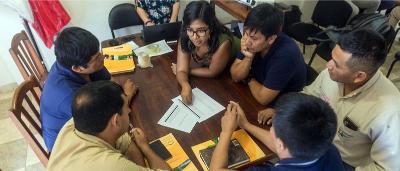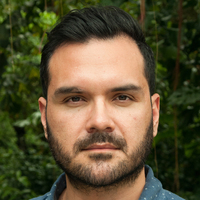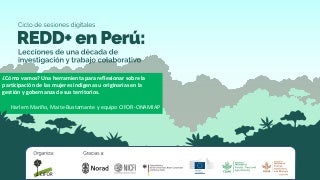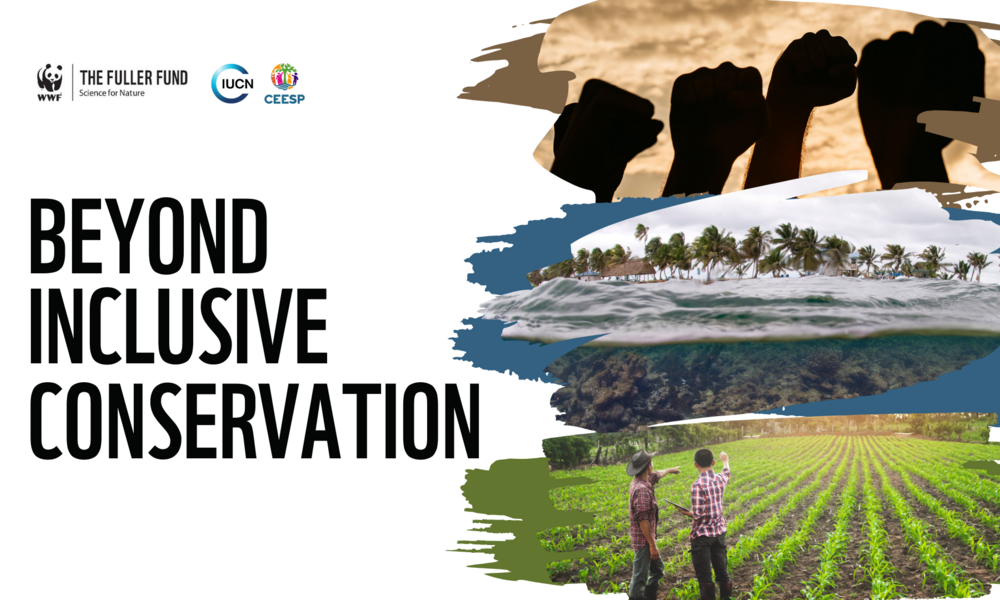Who makes land-use decisions? How are decisions made? Who influences whom and why?
These questions are complex, especially given the sheer range of actors who contribute to the design and implementation of land-use strategies, such as REDD+ — from national, regional and local governments to private firms, non-governmental organizations, indigenous communities, smallholders, and others. Each of these actors come with different perspectives, interests, objectives, knowledge, resources and power, and these differences influence how people and groups interact and negotiate.
Whether or not land-use outcomes are considered ‘legitimate’ by all actors depends heavily on the degree of transparency, inclusiveness and accountability built into the decision-making process.
The GCS REDD+ program studied multi-level governance of forests and landscapes — emphasizing the relationships between national, local, subnational and jurisdictional governments — for over 10 years. That work has informed CIFOR-ICRAF’s ongoing research and implementation of multi-stakeholder platforms (MSPs) and social safeguards.
Multi-stakeholder platforms (MSPs)

Purposefully organized, inclusive processes that bring diverse stakeholders together to participate in dialogue, decision making and/or implementation with the aim to address a common problem or achieve a common goal.
Social safeguards

Processes and policies that help ensure land-use activities respect and uphold the rights Indigenous Peoples and local communities and the environment
Both areas of research and engagement emphasize the importance of governance, across actors and scales, for land-use decision making, institutions and processes. The many publications produced on these topics consider the politics of monitoring, reporting and verification structures, fiscal incentive mechanisms, the effect of global governance, landscape-level tradeoffs and more.
Recommendations and analyses by CIFOR-ICRAF scientists have informed subnational processes and policies including the development of district-level jurisdictional approaches in Indonesia and the co-development and adoption of the tool ¿Cómo vamos? (How are we doing?), which enables participatory reflective monitoring in MSPs, across 75 protected areas in Peru.
At a program level, GCS REDD+ held a series of science-policy dialogues to support knowledge co-creation and validate scientific outputs including the REDD+ safeguards at a glance series and the knowledge tree on REDD+ benefit sharing mechanisms.
By generating scientific knowledge and participatory tools, and working with multiple actors across levels, this research aims to help overcome the economic and policy barriers in REDD+ implementation so that forests and people can thrive.
Contact us
The work on social inclusion, safeguards and multi-stakeholder platforms is aligned with CIFOR-ICRAF’s area-5 work on equity and managed by the research team on governance, equity and well-being.















